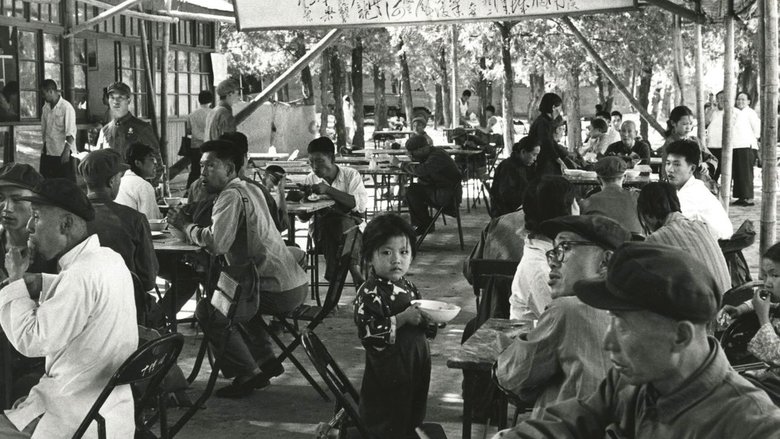O la matou tifaga ma faletusi vitio e faʻatoa mafai ona tafe pe download e tagata naʻo tagata
Faʻaauau ona matamata mo saoloto ➞E laʻititi ifo nai lo le 1 minute e saini ai i luga ona mafai ai lea ona e fiafia faʻatasi i ata tifaga & televise.

Mao: Grib Dagen, Grib Timen (1972)
Mao Zedong was not only a revolutionary leader and thinker, he was also a poet. In poems written in the classic calligraphic tradition he expresses his experiences and visions. In this film, 8 of Mao's poems are sung, recited and interpreted: 'Changsha' (1925), 'Jinggang Mountains' (1928), 'The Long March' (1935), 'Snow' (1936), 'The People's Liberation Army Captures Nanjing' (1949), 'Swimming' (1956), 'Reply to Comrade Guo Moruo' (1961) and 'Reascending Jinggang Mountains' (1965). Through these poems we get a picture of the Chinese revolution from its first beginning in 1921 until the Cultural Revolution. The poems of Mao Zedong have been published in more than 57 million copies
Ituaiga: Documentary
Faʻafiafia:
Auvaa: Ebbe Preisler (Editor), Gregers Nielsen (Camera Operator), Dino Raymond Hansen (Camera Operator), Dino Raymond Hansen (Director), Ebbe Preisler (Producer)
Subtitle:
![]()
![]()
![]()
![]()
![]()
![]()
![]() ETC.
ETC.
Faʻamalolo: Dec 26, 1972
Lauiloa: 0.312
Gagana: 普通话, Dansk
Potu potu: Kortfilmrådet, Danmarks Radios Workshop
Atunuʻu:

